Liberty is not the power of doing what we like, but the right to do what we ought
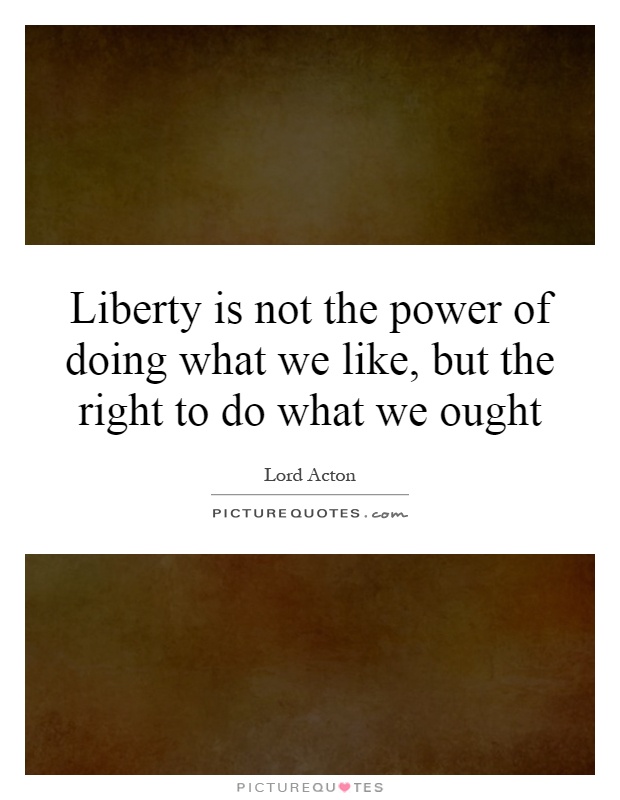
Liberty is not the power of doing what we like, but the right to do what we ought
Lord Acton, a prominent 19th-century historian and politician, is often remembered for his famous quote: "Liberty is not the power of doing what we like, but the right to do what we ought." This statement encapsulates Acton's belief in the importance of individual freedom, but also the responsibility that comes with it.Acton was a staunch advocate for liberty and believed that individuals should have the freedom to make their own choices and pursue their own interests. However, he also recognized that this freedom should not be used as an excuse to harm others or act in a way that is contrary to moral principles. In other words, liberty should not be seen as a license to do whatever one pleases, but rather as a right to act in accordance with one's conscience and moral values.
For Acton, true liberty was not just about the absence of external constraints, but also about the internal discipline and self-control that is necessary to make responsible choices. He believed that individuals should be guided by a sense of duty and a commitment to doing what is right, even when it is difficult or unpopular. In this sense, liberty was not just a privilege, but a moral imperative.
Acton's views on liberty were shaped by his deep understanding of history and his belief in the importance of moral principles in guiding human behavior. He saw the dangers of unchecked power and the potential for tyranny when individuals were not held accountable for their actions. By emphasizing the importance of doing what one ought, Acton sought to promote a vision of liberty that was grounded in ethical values and a sense of responsibility towards others.
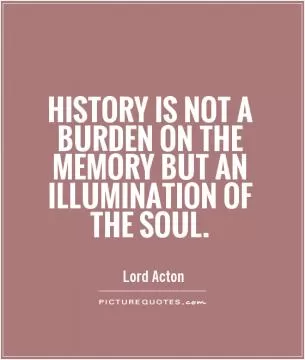
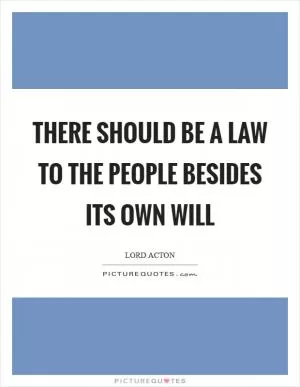

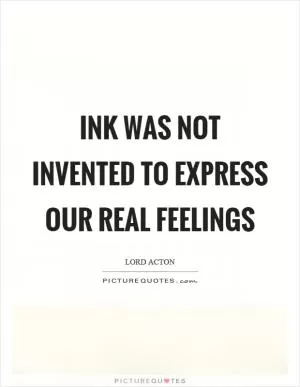
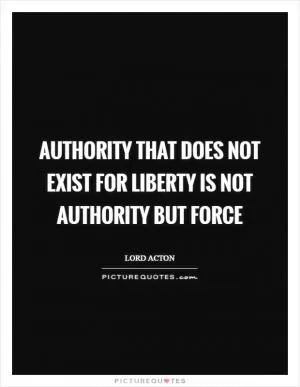


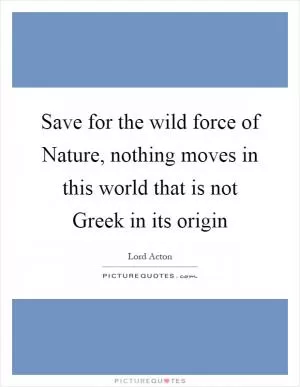

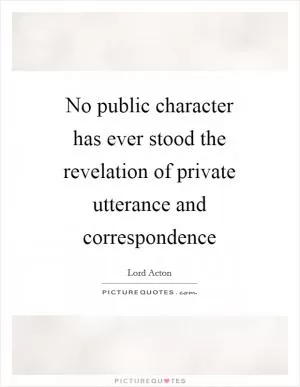
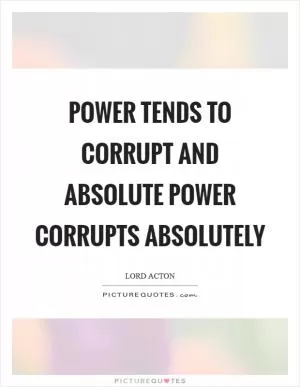
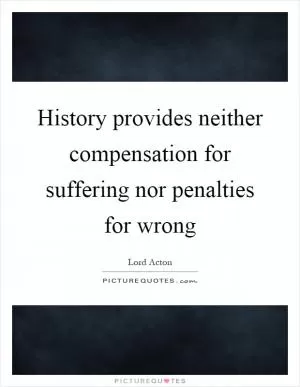
 Friendship Quotes
Friendship Quotes Love Quotes
Love Quotes Life Quotes
Life Quotes Funny Quotes
Funny Quotes Motivational Quotes
Motivational Quotes Inspirational Quotes
Inspirational Quotes